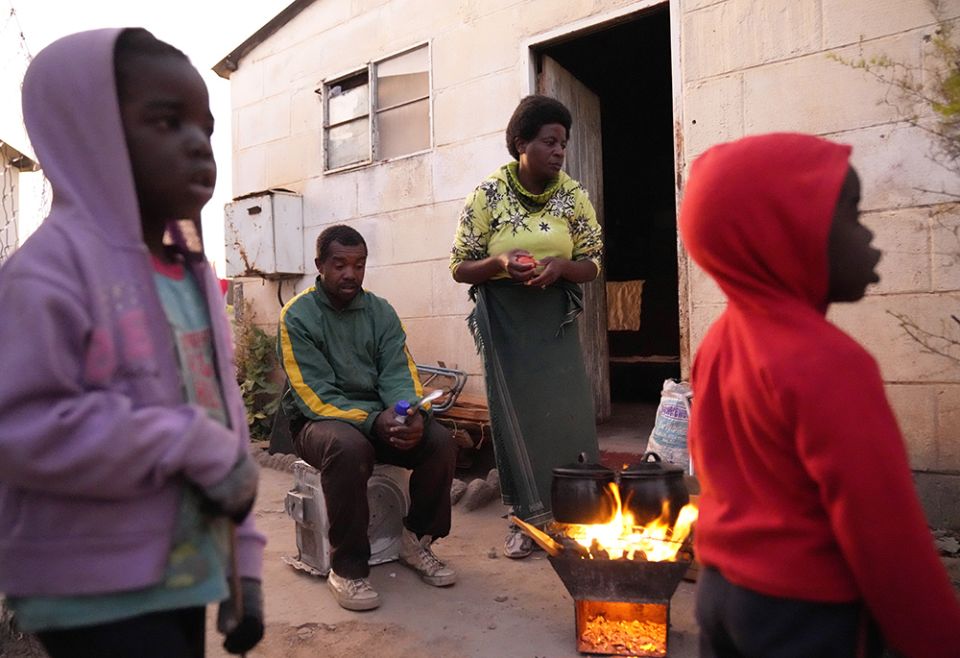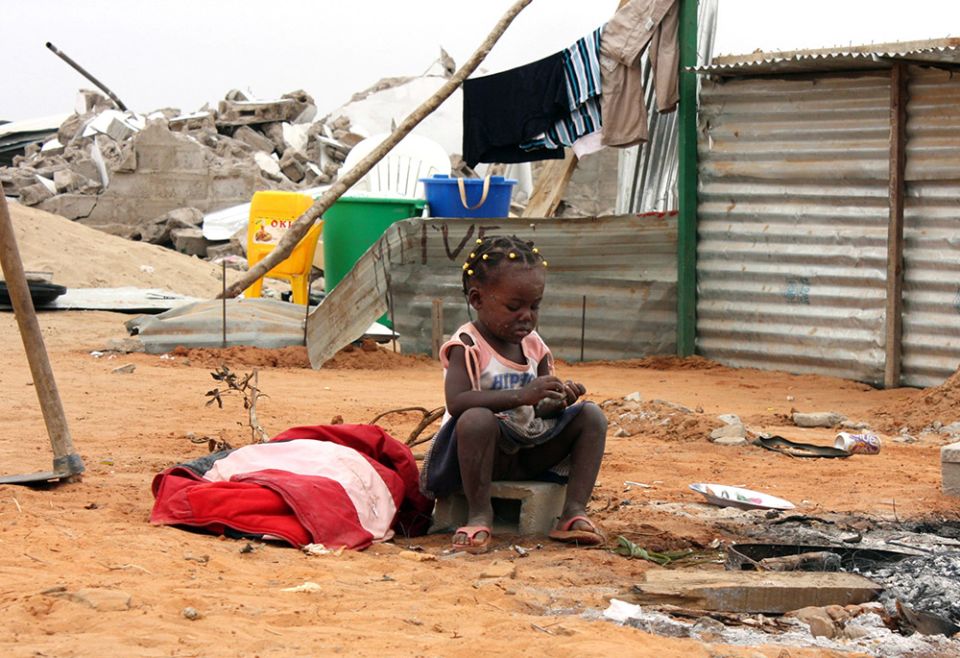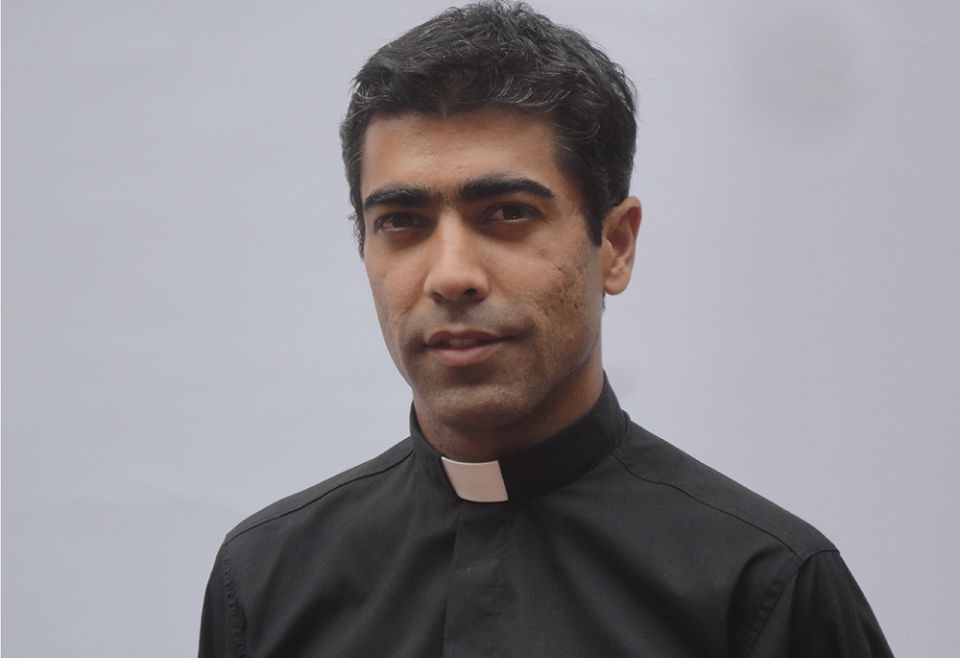Zimbabwe_Inflation_Gold_Coins_22230594115178.jpg

Harare, Zimbabwe — Catholic priests in southern Africa have started adjusting back to normal life after suffering severe disruptions during the coronavirus pandemic, but they have a new and worsening worry: disruptive economic difficulties stemming from rising inflation, higher bank interest rates and plummeting local currencies.
These economic challenges are hobbling the priests and other Catholic religious groups' evangelism, pastoral and ministry work, forcing many of them to cancel or postpone crucial church programs.
Higher inflation is wreaking economic and social havoc on regional economies across sub-Saharan Africa, where countries such as Zimbabwe, Zambia, Nigeria, Ghana and Kenya are suffering worse food price and fuel price increases.
Additionally, local currencies in these countries are depreciating at a rapid pace while bank borrowing interest rates have spiked. All this is feeding into a dollar crunch that has seen central banks in Tanzania, Malawi and Nigeria limit dollar transactions.
These economic challenges are now severely impacting the work of Catholic priests, as they are often unable to travel, replenish parish stock and to render assistance to those in need.
"The parishes are suffering greatly. I was supposed to supervise the catechetical instructions across the parish [territory] but I was able to do that only once, when I was actually supposed to do that at least three times and that's all because of gas scarcity," Fr. Edmond Nyoka, a priest at St. Monica Parish in Mzuzu Diocese, Malawi, told NCR.
20220926T1445-IMBISA-WELLS-ZINKULA-1748716 (2).jpg

The Catholic priest has been unable to supervise catechetical programs across the diocese because the petrol price has risen, exceeding the budgetary allocation for the program by multiples.
Earlier, he tweeted that it was becoming increasingly difficult to secure fuel for his priestly activities. In the tweet, Nyoka described having to drive some 200 miles in four days.
Even routine and crucial priestly visits to anoint and pray for the sick have been affected as the southern African country — together with its neighbors Zimbabwe and South Africa — battle inflation, high interest rates and currency weakness.
As per World Bank analysis, the Malawian kwacha currency has depreciated by at least 25% in the past 12 months.
And with elevated food inflation, the rate at which the prices of foodstuffs is rising, at about 33%, Malawi's year-on-year inflation was some 25.5%, data from the country's National Statistics Office showed in September.
Yet it is not just Malawi that is facing economic headwinds. The World Bank says in its Africa Pulse October 2022 report that economic growth across the entire sub-Saharan Africa region will this year slow down to 3.3%, down from 4.1% in 2021.
It cited "multiple shocks affecting the economy, which include the slowing down of the global economy, tightening global financial conditions, elevated inflation driven by rising food and fuel prices exacerbated by the war in Ukraine, adverse weather conditions, and rising risk" of debt distress as major constraints to regional economic growth.
Advertisement
Advertisement
In Zimbabwe, priests and other Catholic ministers are facing similar challenges, Br. Alfonce Kugwa, spokesperson for the Zimbabwe Catholic Bishops' Conference told NCR. Yet it is important that the priests "visit and pray for the sick, bury the dead and attend to the spiritual needs" of the Zimbabwean community, he said.
But with high fuel prices and other rising costs, "the situation is unbearable" to the Zimbabwean priests, Kugwa continued. Fuel prices have remained at highs of $1.60 per liter ($6 per gallon) in the country.
"Inflation is affecting anyone at all levels of society, and priests and religious are not spared when it comes to prices of fuel as they go about their duties," Kugwa said. "This is an issue of national concern and affects pastoral and other humanitarian activities as well."
Zimbabwe's yearly inflation has resurged to 280%, with the country's Zimbabwe dollar currency continuing to lose value while interest rates have been hiked to 200%. This makes borrowing expensive.
A dollar shortage across official channels also means that the major source of foreign currency in this highly dollarized economy is the black market on the streets of Harare, the capital. Exchange rates on the streets are multiples of the official interbank rate, yet many parishioners pay tithes and offerings in local currency. Rentals, fuel and foodstuffs are now mostly denominated in U.S. dollars.
All this is happening at a time any previously possible funding flows for various Catholic response programs across the region are dwindling. Parishes, dioceses and various Catholic groupings are now increasingly seeking financial assistance from agencies such as Caritas, Catholic Relief Services and others.
With food costs beyond the reach of many ordinary citizens across southern Africa, their "vulnerability is increasing" at a rapid pace, Tapfuma Murove, country representative for Catholic Relief Services in Zimbabwe said by email.
Zimbabwe's public health sector, starved of funding and capacity, is also ailing, meaning the Catholic Church has to step in, further stretching available resources.
"We are seeing an increase in appeals from church partners for funding and support for food security, livelihoods and health projects in Zimbabwe. The U.S. dollar food inflation and high cost of agricultural inputs have worsened the situation in Zimbabwe [as well as] fuel price increases," said Murove.
High government indebtedness is another factor that is contributing to the economic difficulties being faced by African countries as their governments are unable to borrow more to cover for domestic revenue shortfalls.
Zambia defaulted on eurobonds in 2020 and is now under economic restructuring, which means removal of subsidies and ultimately price increases of commodities such as fuel.
Inflation in Zambia is lower than other African countries, at below 10%, but Fr. Gabriel Mapulanga, who heads the Caritas operation in the country, wants the restructuring process to be less impactful for ordinary citizens.
"We need a certain restructuring of the economy that does not put the people in trouble again as is the current situation," Mapulanga told ACI Africa. The "majority of Zambians are struggling to make ends meet. We are concerned as Caritas to see these people suffering," he said.
Fernandes.jpg

In South Africa, the Jesuits' southern Africa province has had to increase the per diem allocated to each Jesuit in the country by some 12.5% this year alone "because of inflation" which has driven up the cost of living, Jesuit Fr. Isaac-El Fernandes, treasurer for the province, told NCR.
Salaries for the South African Jesuits were also increased by 5% because of inflation, Fernandes said. In South Africa, the year-on-year inflation rate remained at a high of 7.6% in August, with the rand currency trading at an exchange rate of around $1:ZAR18 compared to $1:ZAR14.8 a year ago.
"What has been far more dramatic in terms of affecting our projects has been the fluctuation of currencies," said Fernandes. "The depreciation of the euro against the dollar effectively meant that the youth mission budget lost $17,000 and we had to cut our budget by this amount, curtailing the number of activities that we will run with the youth in this next budget cycle in order to cut our garment to fit our cloth."
Additionally, the Jesuits' southern Africa province has to "make budgetary cuts" for its Zambia territory due to the "appreciation in value of the kwacha currency against the euro and the pound, said Fernandes.
This is mainly because "funds that support our activities in Zambia are in euro and pound" currencies, he said.
The Africa office of Caritas, an overseas Catholic development and relief agency, is anticipating "further upheaval" in "economic trends" for Africa. It said in a statement after a meeting of faith leaders in Ghana at the beginning of October that more than 40 million Africans are already in extreme poverty due to the pandemic.
Moreover, on a daily basis, Catholic priests and bishops across Africa are called to "comfort … the least fortunate in our societies" in "deep sorrow and suffering" from worsening crises.
But with the priests and bishops themselves also impacted by the current economic crunch, it may need global attention and action to shore up their capacity to effectively carry on with pastoral and evangelical programs.
As Fr. Martin Flatman, a retired United Kingdom priest who responded to Nyota on Twitter, put it: "All Catholics in Europe and North America need to take note [of the economic hardships African priests are contenting with], especially us priests."



